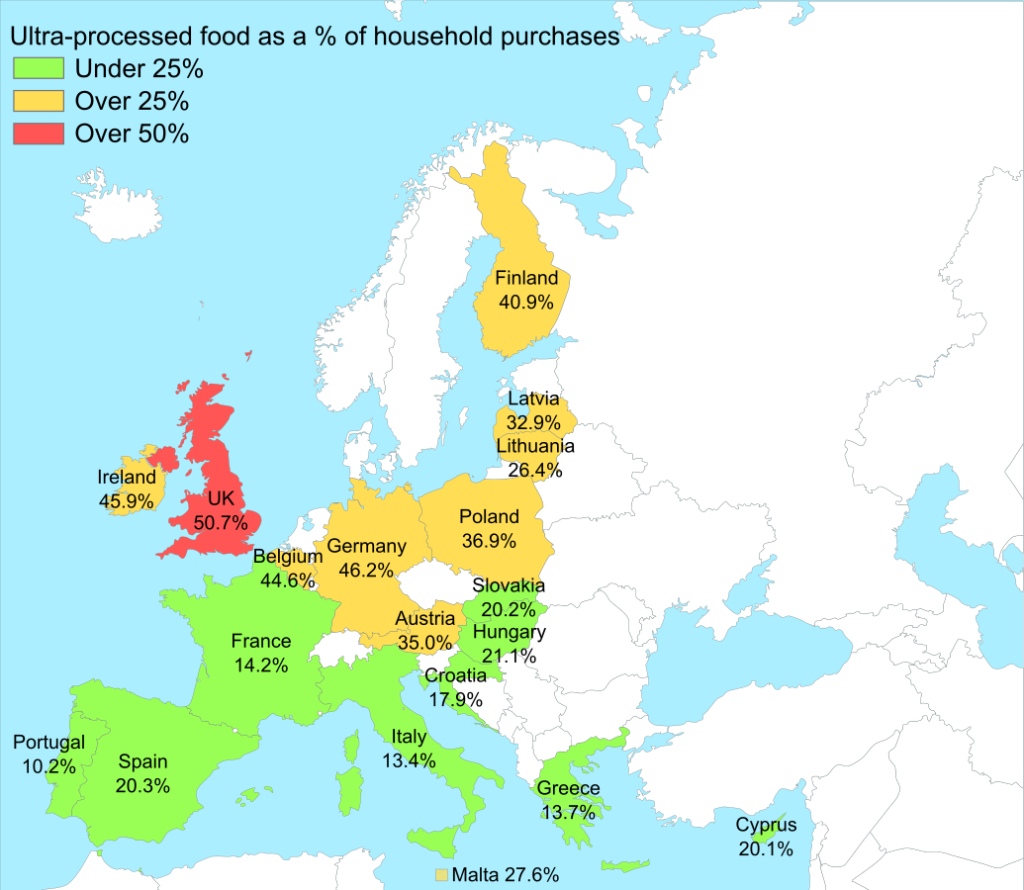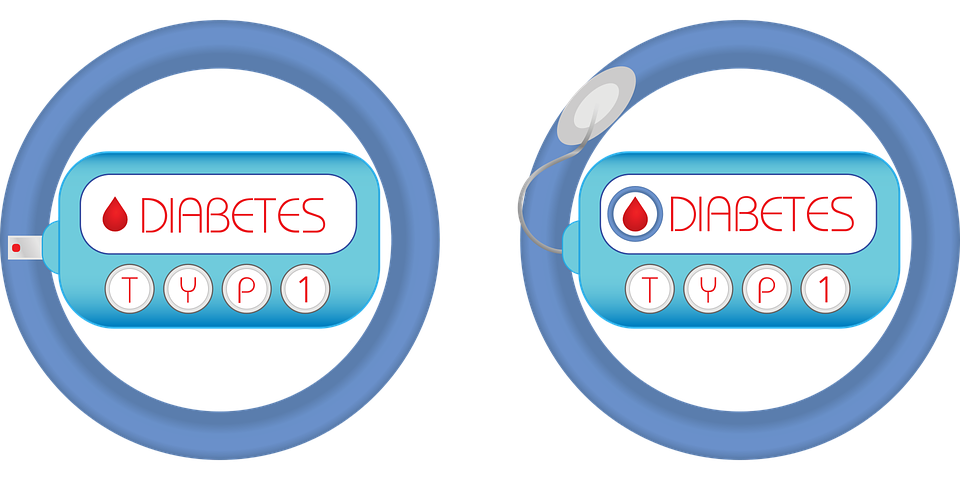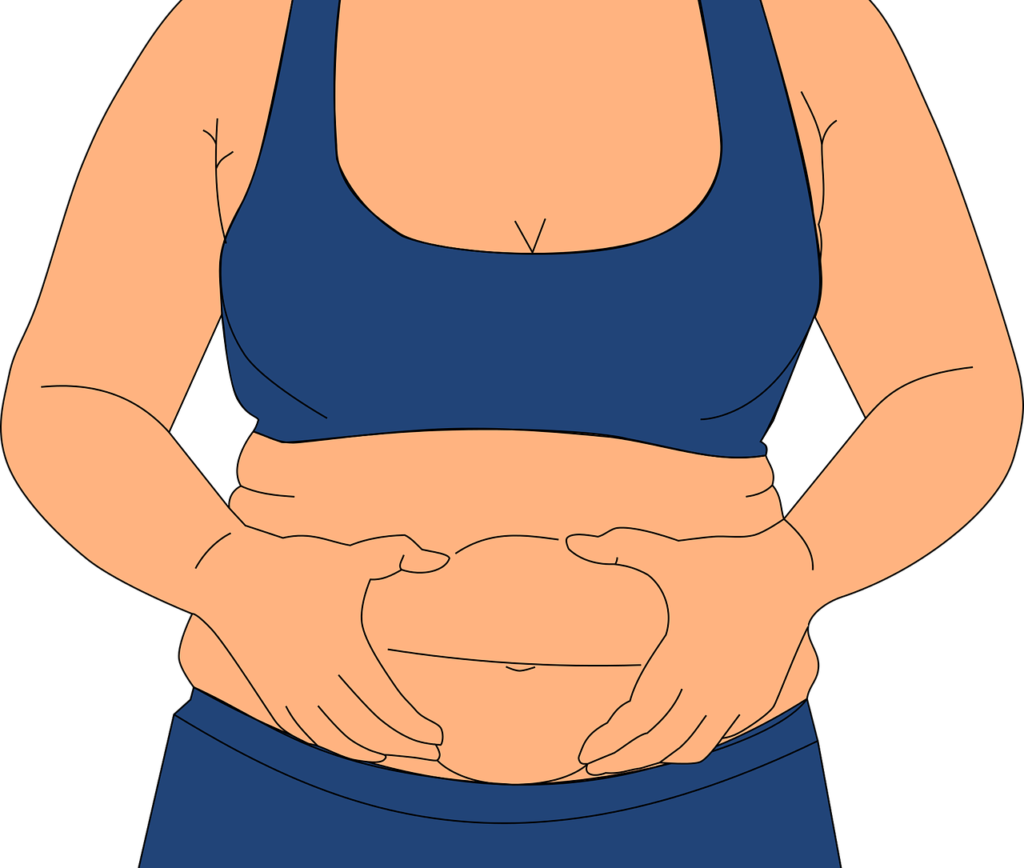Introduction:
Ultra-processed foods have become a staple in the American diet. These foods are heavily processed, contain numerous additives and are designed for convenience and long shelf life. They are often high in calories, added sugars, unhealthy fats, and salt, and lack essential nutrients. Despite their popularity, the consumption of ultra-processed foods has been linked to the rise of obesity, type 2 diabetes, and other chronic health conditions in the United States. In this article, we will explore the alarming rise of ultra-processed food consumption in the US and its negative impact on public health.

Ultra-processed foods are everywhere. From breakfast cereals, snacks, instant soups, soft drinks, and fast food, they make up a large portion of the average American’s diet. These foods are cheap, convenient, and appealing, which makes them highly appealing to consumers. However, despite their convenience, they are contributing to the growing health crisis in the United States.
The rise of ultra-processed food consumption in the US has been accompanied by a parallel increase in obesity and other chronic health conditions. Studies have shown that people who consume more ultra-processed foods tend to have higher calorie intake, lower nutrient density, and higher rates of obesity compared to those who consume more whole, minimally processed foods.

In conclusion, the consumption of ultra-processed foods in the US is a growing concern for public health. These foods are high in calories, lacking in essential nutrients, and linked to the rise of chronic health conditions such as obesity and type 2 diabetes. To improve overall health and reduce the risk of chronic diseases, it is important to limit the consumption of ultra-processed foods and focus on eating a diet rich in whole, unprocessed foods.
Worst Ultra-Processed Foods in America:
These foods are widely available in the American diet and often contribute to the rising rates of obesity and other chronic health conditions. Here are some of the worst ultra-processed foods commonly consumed in the United States:
Sugary drinks: Soft drinks, energy drinks, and fruit juices are high in added sugars and low in nutrients. They are a significant source of empty calories and can contribute to weight gain, type 2 diabetes, and other health problems.

Processed snacks: Chips, crackers, cookies, and other processed snacks are high in unhealthy fats and salt, and low in fiber and nutrients. They are often consumed as a quick and easy snack, but they can add up to a significant amount of daily calorie intake.
Fast food: Fast food is often high in unhealthy fats, salt, and added sugars. The portion sizes are also often larger than recommended, contributing to a high calorie intake.
Packaged baked goods: Packaged cakes, pastries, and other baked goods are often high in unhealthy fats, added sugars, and salt. They are also low in fiber and nutrients.
Processed meats: Processed meats such as hot dogs, sausages, and deli meats are high in unhealthy fats, salt, and added preservatives. They have been linked to an increased risk of heart disease and certain cancers.

These are just a few examples of the worst ultra-processed foods commonly consumed in the United States. To reduce the risk of chronic health conditions and improve overall health, it is important to limit the consumption of these foods and focus on eating a diet rich in whole, unprocessed foods.
Risks of Consumption:
The consumption of These types of foods is associated with a range of negative health effects. Here are some of the risks associated with the consumption of ultra-processed foods:
Weight gain: These types of foods are often high in calories, unhealthy fats, and added sugars. They contribute to weight gain and obesity, which increase the risk of other chronic health conditions such as heart disease, type 2 diabetes, and certain cancers.

Nutrient deficiencies: Ultra-processed foods are often low in essential nutrients such as vitamins, minerals, and fiber. They can lead to nutrient deficiencies, which can impact overall health and increase the risk of chronic diseases.
Chronic health conditions: Studies have shown a link between the consumption of ultra-processed foods and the development of chronic health conditions such as obesity, type 2 diabetes, heart disease, and certain cancers.
Increased salt and sugar intake: These types of foods are often high in added sugars and salt, which can contribute to the development of high blood pressure, heart disease, and other health problems.
Unsatisfying diet: Ultra-processed foods are often low in fiber and do not provide the same level of satisfaction as whole, unprocessed foods.
These risks highlight the importance of limiting the consumption of ultra-processed foods and focusing on eating a diet rich in whole, unprocessed foods. By doing so, individuals can reduce their risk of chronic health conditions and improve overall health.
Effects of Ultra-Processed Food Consumption :
The consumption of These types of foods is associated with several negative health outcomes such as:
Obesity: Ultra-processed foods are often high in calories, sugar, and unhealthy fats, which can lead to weight gain and obesity.

Chronic diseases: Regular consumption of ultra-processed foods has been linked to an increased risk of developing cardiovascular disease, type 2 diabetes, and certain types of cancer.
Nutrient deficiencies: Ultra-processed foods are often low in essential vitamins and minerals and high in sodium, which can lead to deficiencies and increase the risk of chronic health conditions.
Increased appetite and cravings: The high sugar and fat content of ultra-processed foods can lead to increased hunger and cravings, making it more difficult to maintain a healthy diet.

Poor gut health: Ultra-processed foods often contain additives and preservatives that can harm the gut microbiome and disrupt digestive health.
It’s important to limit the consumption of ultra-processed foods and opt for a diet rich in whole, unprocessed foods to support overall health.
